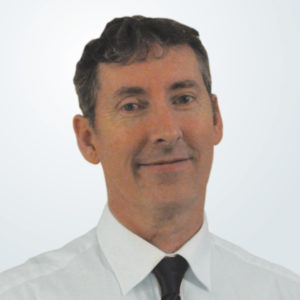Intelligence collection: the second-oldest profession
11th April 2015 | John Ardis
Can business learn any lessons from the professional intelligence community? Dr John Ardis suggests we can.

During the Cold War, teams of intelligence analysts would pore over microfilm and squint at grainy aerial photographs. Human intelligence sources (or HUMINT in the vernacular – better known as spies) provided secret information about weapons, other spies, dark strategies and double bluffs.
You may have seen some classic films that portrayed the enduring friction and competition between the superpowers in the period between the end of the Second World War and the fall of the Berlin Wall in 1989. Many of these films are somewhat fanciful, and others exposed the gritty and thoroughly unglamorous reality of espionage and counterespionage. Intelligence collection was the focus, and the bottleneck; analysts would explore each nugget of intelligence assiduously. Meanwhile, the seasoned spymasters worried whether they were being spun a yarn.
What’s changed? The problem of selection
Spy versus spy remains a constant competition, and it’s a congested space these days. You’ll recognise some-high profile personalities (Snowden, Assange), but the sheer complexity of data and the number of players in the high-tempo game is the real challenge.
So are there parallels we can draw between contemporary national intelligence activities and business intelligence? The answer is a resounding “yes”.
PLEASE NOTE: Subscriber-only content – To read the full article, please login or purchase a subscription. Subscription Options Login


